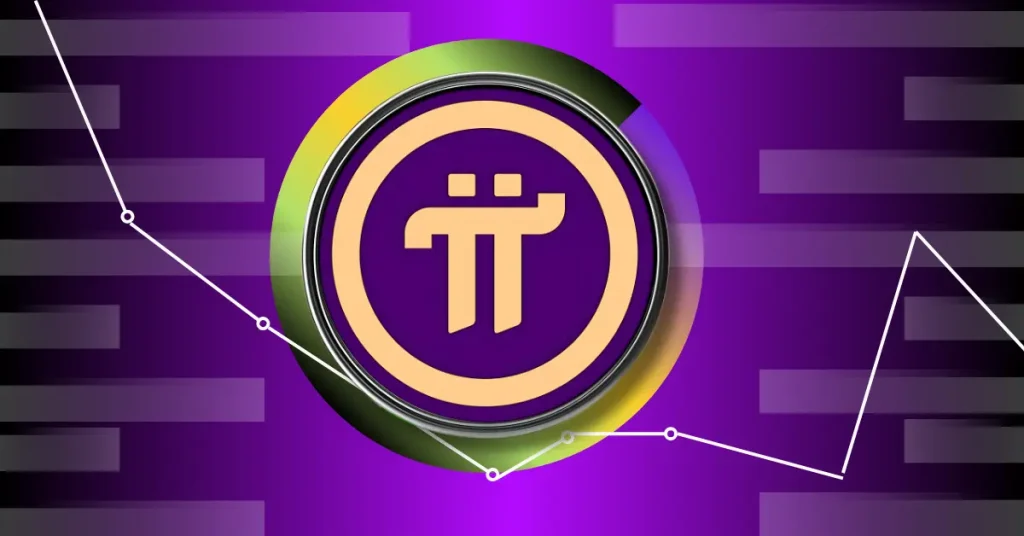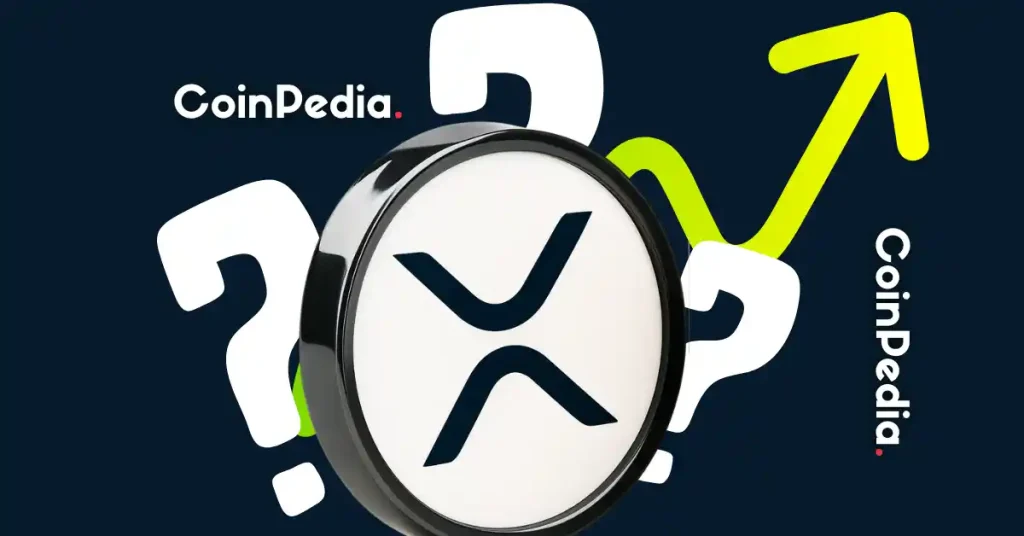
The post Ethereum Co-founder Vitalik Buterin Questions WorldCoin’s Proof-of-Personhood System appeared first on Coinpedia Fintech News
Vitalik Buterin has voiced his concerns about the recently launched WorldCoin’s proof-of-personhood verification method. The WorldCoin project, backed by OpenAI co-founder Sam Altman, uses Orb devices to scan users’ irises to create a World ID, intended to verify unique personhood.
WorldCoin’s Novel Proof-of-Personhood System
WorldCoin recently announced the completion of the project’s migration to the OP Mainnet, with plans to expand Orb sign-ups for World ID across 35 cities in 20 countries. The new cryptocurrency has captured the attention of the crypto community and beyond, with its innovative approach to tackling spam and power concentration problems.
Vitalik Buterin’s Viewpoint
Buterin, however, pointed out a few potential pitfalls. In a recent blog post, the Ethereum co-founder expressed his apprehensions about the project’s proof-of-personhood system. Buterin argued that iris scans could potentially reveal more personal information than necessary, raising privacy concerns.
In terms of accessibility, Buterin commented, “World IDs are not going to be reliably accessible unless there are so many Orbs that anyone in the world can easily get to one.” He also raised security concerns, pointing out that phones could be hacked, users could be coerced into scanning their irises, and the possibility of 3D printing fake people that could pass the iris scan.
Broad Issues with Proof-of-Personhood
Aside from his issues with WorldCoin specifically, Buterin pointed out broader concerns with proof-of-personhood systems in general. These included the potential for IDs to be sold or rented out, the risk of phone hacking, and the possibility of government coercion to steal IDs.
Buterin concluded, “There is no ideal form of proof of personhood.” He suggested that a combination of different approaches might be the most effective solution. He also highlighted the potential of zero-knowledge proof technology to solve some of the major privacy leaks inherent in proof-of-personhood systems.
The Future of Proof-of-Personhood Systems
Despite his criticisms, Buterin acknowledged the importance of the work done by WorldCoin and other proof-of-personhood projects. He commended these teams for taking privacy issues seriously and suggested that the community should build on their successes.
Buterin stated that developing a proof-of-personhood system that is effective and reliable is a challenging task. However, he looks forward to the progress of all types of proof of personhood and hopes that the different approaches will eventually coalesce into a unified whole.
Buterin’s views bring into focus the complexity and challenges of creating an equitable and decentralized system for verifying unique personhood. As the field of cryptocurrency evolves, the debate on the best approach for proof-of-personhood systems will undoubtedly continue to make waves in the crypto world.

 1 year ago
125
1 year ago
125














 English (US) ·
English (US) ·